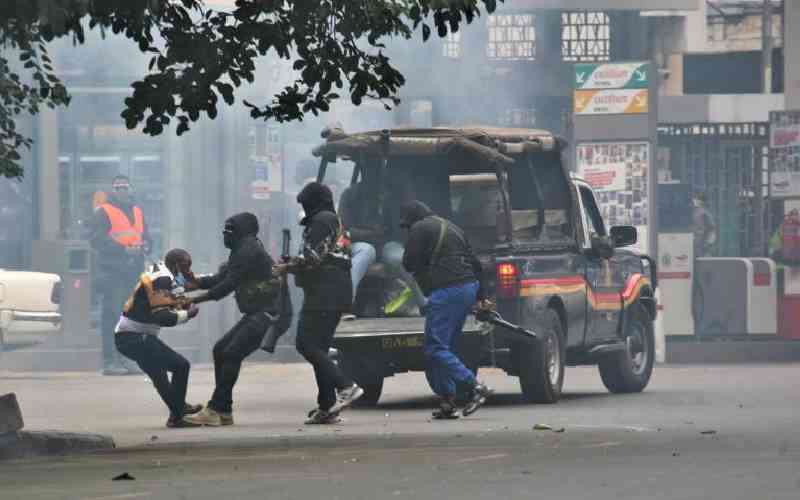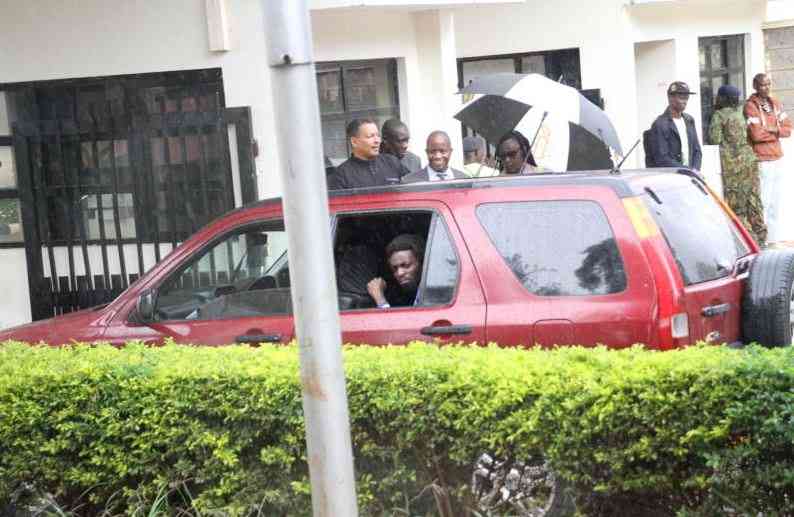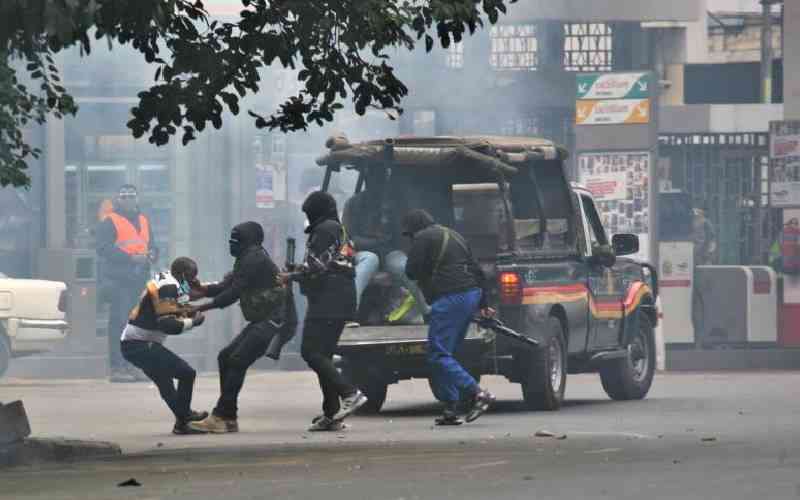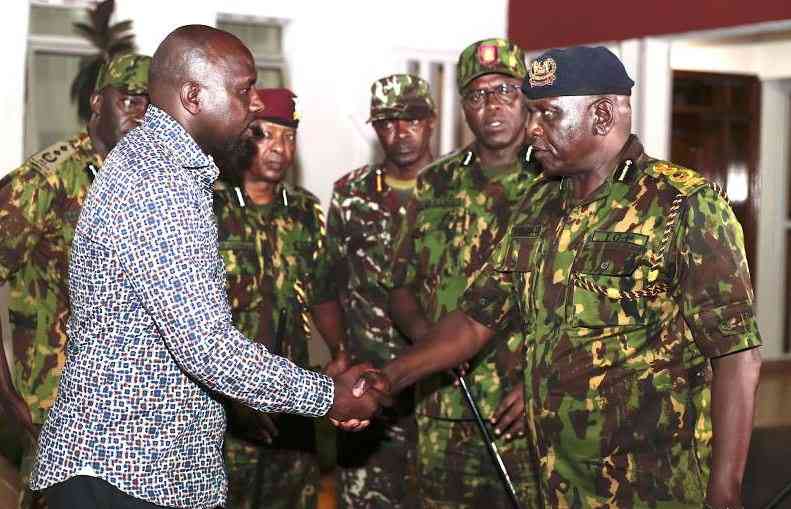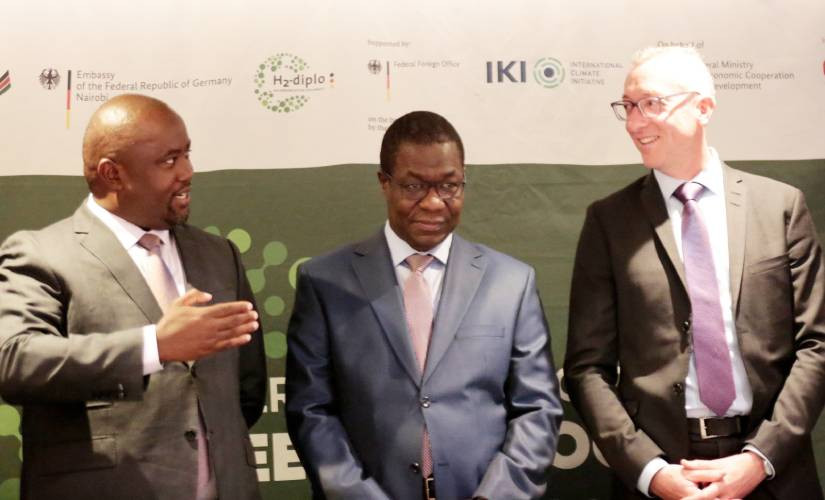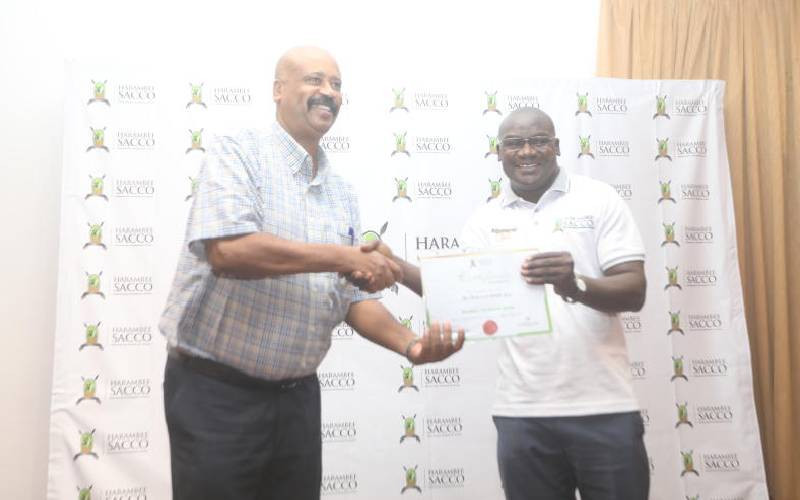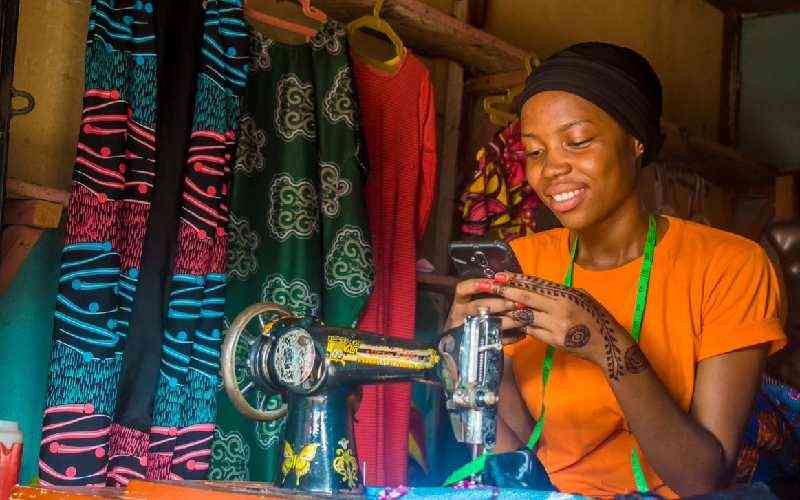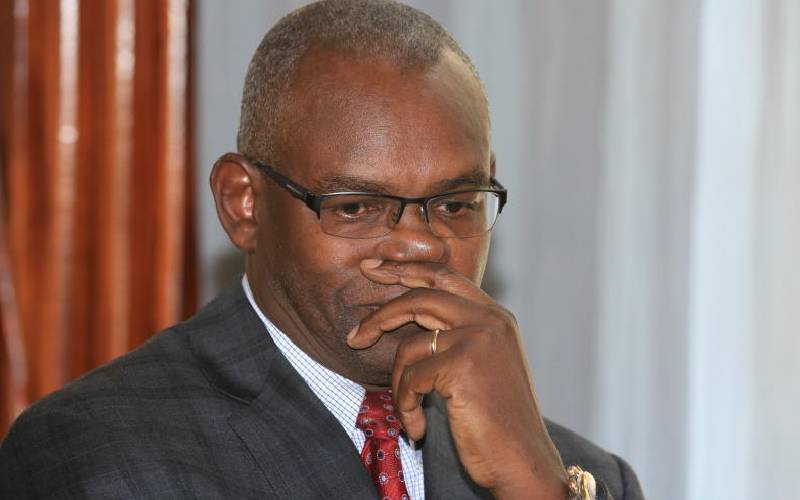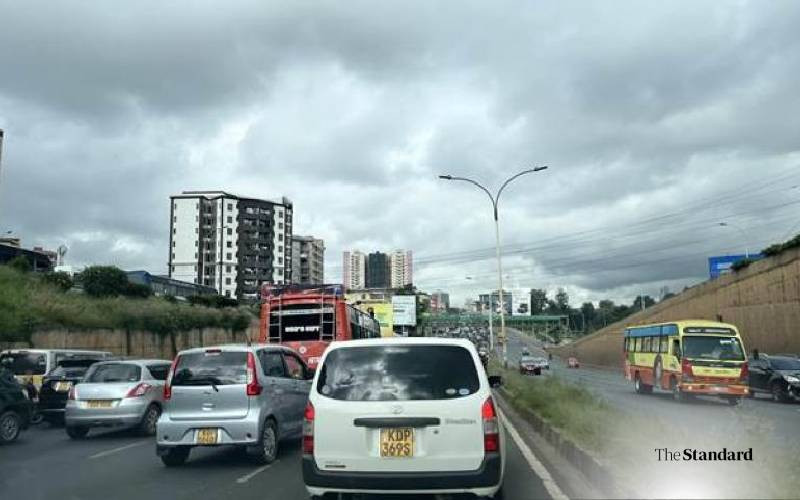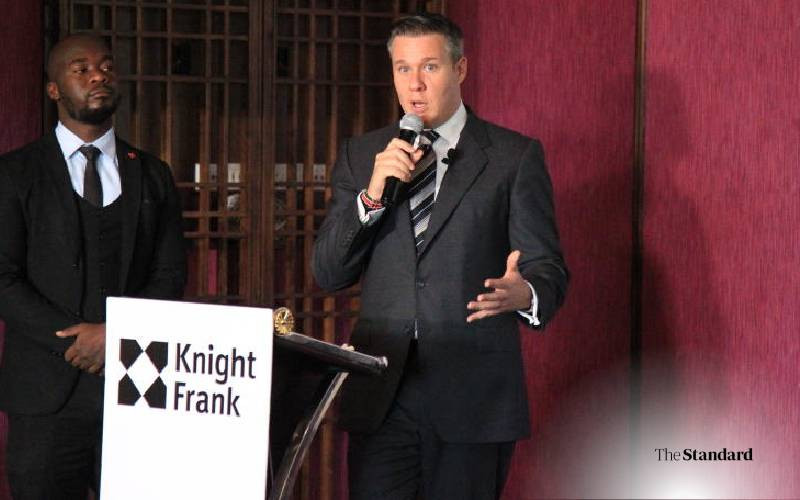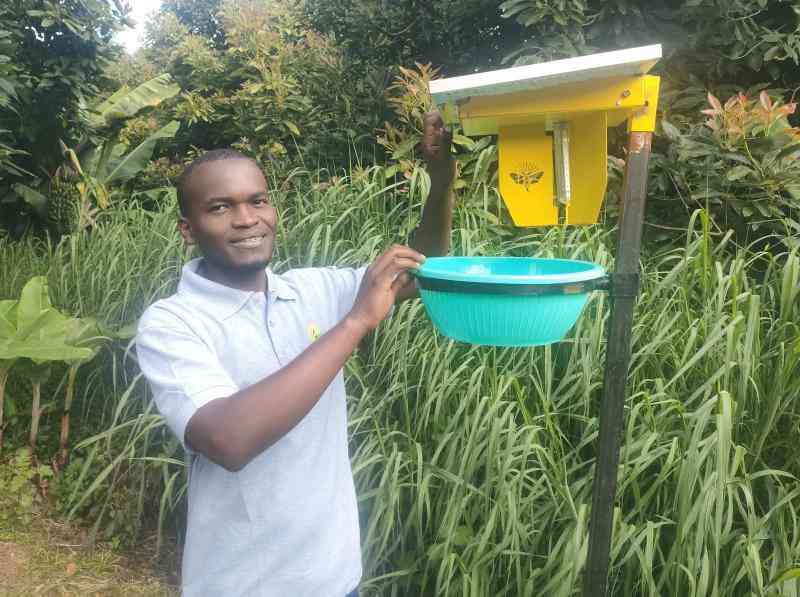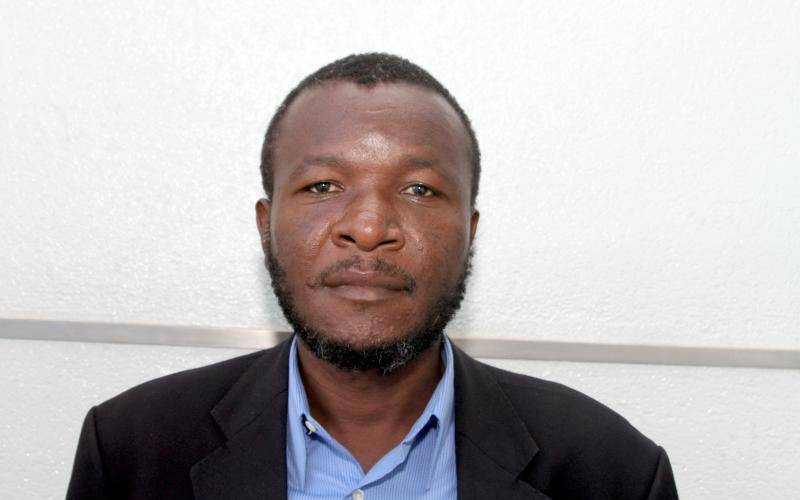
In a serious country, police and prosecutors would be poring over the BBC’s 'Blood Parliament' documentary, to appreciate how modern technology can assist solve complex crimes. Digital forensics, such as that used in the documentary, social media tips, artificial intelligence, machine learning and forensic anthropology can unlock and solve cold cases, but not so in Kenya.
Bloggers who believe the documentary breaks no new ground lack forensic knowledge and understanding of the legal jeopardy the Ruto administration has been placed by BBC. The Isaak Hassan-led Independent Policing Oversight Authority (IPOA) belongs in this category of incompetents for publishing a scandalous progress report on the same day the documentary was aired to squelch the BBC documentary.
Using digital forensics and months of persistent investigation, the documentary should worry President William Ruto and his commanders in the National Police Service and Kenya Defence Forces on duty. The Office of Director of Public Prosecutions (ODPP), IPOA and Directorate of Criminal Investigations DCI should invite the BBC to assist it to launch a credible investigation if they are not complicit in a cover up.
The documentary establishes probable cause to investigate and prosecute individual officers and their commanders under the Penal Code and International Crimes and Evidence Acts. BBC has performed a duty that the ODPP and IPOA have been unwilling to do.
With digital, mathematical methods, time sequence and painstaking examination of 5,000 photographs and videos, all accurately, geolocated BBC experts have demonstrated the killings at Parliament were pure, premeditated criminal acts because those killed were fleeing from police and paused no danger to security forces or property.
The documentary demonstrates the premeditation hypothesis with three specific killings whose execution defeats the common State defence that police shot and killed because their lives were in danger. On a proportionality test and notwithstanding the State argument that security forces were under duty to defend a legally protected property, it is demonstrably clear from watching the BBC film that the shoot-to-kill orders were disproportionate to any alleged threat.
In criminal jurisprudence, premeditation to kill can also be construed from police targeting fleeing youth in the head or back, many 25 to 50 metres away. Police can no longer claim there was no other way of protecting Parliament.
BBC has also identified two of the alleged killers by name, facially and placed them on the crime scene and demonstrated that a KDF soldier or soldiers were involved in the massacre. BBC has made a compelling criminal case with the requisite ingredients of premeditation, identified the weapons used, placed suspects on the scene and demonstrated to the average bystander that murder and torture were committed against defenceless civilians.
IPOA and DCI, with the superintendence of ODDP, should summon the identified suspects for interrogation without delay after sleeping on the job for a year. From this interrogation, other suspects and the commanders on duty on that day will be unveiled. Under the International Crimes Act, officers bear individual responsibility for their crimes. They cannot wave the defence of obeying superior orders because they are trained to know and disobey illegal orders.
Commanders are liable for the crimes of their subordinates when they fail to prevent them or do nothing to prevent such crimes. Commanders may defend themselves by demonstrating they took reasonable steps to disengage from subordinates’ grave crimes or immediate action to bring perpetrators to book.
To exculpate themselves, the commanders must also demonstrate that their subordinates committed the alleged crimes after disobeying superior orders. The President's defiant speech after the killings characterised the slain youths as treasonous terrorists undeserving of due process in a way that justified the killings.
A president cannot afford to be so reckless no matter how much he feels provoked. Ruto is best advised to, demonstrably, disengage from the crimes of his subordinates, including by ensuring credible accountability for June 25, 2024 and the subsequent abductions and extrajudicial killings.
 The Standard Group Plc is a
multi-media organization with investments in media platforms spanning newspaper
print operations, television, radio broadcasting, digital and online services. The
Standard Group is recognized as a leading multi-media house in Kenya with a key
influence in matters of national and international interest.
The Standard Group Plc is a
multi-media organization with investments in media platforms spanning newspaper
print operations, television, radio broadcasting, digital and online services. The
Standard Group is recognized as a leading multi-media house in Kenya with a key
influence in matters of national and international interest.
 The Standard Group Plc is a
multi-media organization with investments in media platforms spanning newspaper
print operations, television, radio broadcasting, digital and online services. The
Standard Group is recognized as a leading multi-media house in Kenya with a key
influence in matters of national and international interest.
The Standard Group Plc is a
multi-media organization with investments in media platforms spanning newspaper
print operations, television, radio broadcasting, digital and online services. The
Standard Group is recognized as a leading multi-media house in Kenya with a key
influence in matters of national and international interest.


